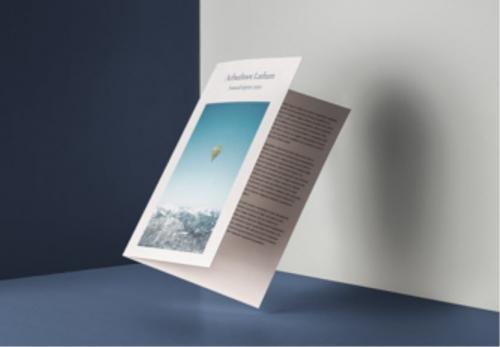

Banking 101 -
What is the best savings account?
From current and notice accounts to fixed-term deposits and ISAs, find out what the best savings accounts are for your lifestyle.
All savings accounts have one fundamental thing in common: they allow you to deposit money, so it grows in value.
Picking the best savings account depends on your needs and expectations, such as whether you want it for business or personal use and the preferred terms around interest rates or annual fees.
As a rule of thumb, it can be helpful to have three to six months of income set aside for urgent expenses in an instant-access account, should an emergency arise.
With the Bank of England interest rate currently at the highest rate in 14 years, now could be the time to explore some of the savings options to understand how to make your money work best for you.
Four types of savings accounts to consider
Current accounts
For cash you may want to access regularly to support your day-to-day outgoings, the most straightforward option is a current account.
However, if you have extra cash in these accounts, it is important you consider the potential fraud risk in leaving large sums of money in an easy-to-access account. If you are prepared to lock away some of the extra cash you have, you will get better rates with a savings account.
Notice or call accounts
These accounts allow you to withdraw money within a specific timeframe (such as 30 to 120 days). These accounts have slightly higher interest rates than instant access savings accounts.
Fixed-term deposit accounts
You could also choose fixed-term deposit accounts. These offer a range of terms from a few months to several years. With fixed-term savings you can't usually withdraw your money until the end of the term. But in return, you typically get a better rate than instant access savings and notice accounts.
Fixed-term deposit accounts can be a sensible option if you know in advance that you may need to access money at a particular time (for example, if there is a wedding or big holiday ahead).
You might also consider tax term deposits accounts where you can lock away funds for when your next tax bill is due - these accounts tend to pay the highest rates of interest.
A strategy that some people adopt with their term accounts is ‘laddering.’ This involves opening multiple fixed term deposit accounts with different maturities and interest rates.
This gives you greater control over access to your cash because you can either take your money upon expiration or open another fixed term account if the interest rate is favourable to you.
ISAs
There are also individual savings accounts – or ISAs – for money you do not want to spend in the immediate future. The main difference between an ISA and another savings account is that it offers tax-free interest payments and in the 2023/24 tax year, you can put up to £20,000 into one if you're 16 or over.
Predictability is important
An important part of picking the right account is consistency and knowing that your provider sets rates at predictable levels over time.
If your bank is constantly changing their rates, you might find yourself spending precious time switching accounts every few months to get the best rates.
Arbuthnot Latham attempts to align its rate changes with Bank of England base rate changes, so clients have a greater degree of certainty when managing their personal finances.
Read more about our deposit accounts for individuals.
Speak to a member of our private banking team about which accounts might work best to fit your needs, both the short and long term.
Further reading

Deposit accounts at Arbuthnot Latham
Deposit accounts can help you make the most of your cash and form a key part of your overall financial plan.

What is liquidity management and why is it so important?
Liquidity management, cash flow forecasting, and debt solutions explained.
Becoming a client
Take control of your finances today by completing our enquiry form. Alternatively, you can call us on the number below and one of our team will be more than happy to talk about your future.
Brochures & email subscriptions
Request a brochure, or subscribe to our email updates.

Related services